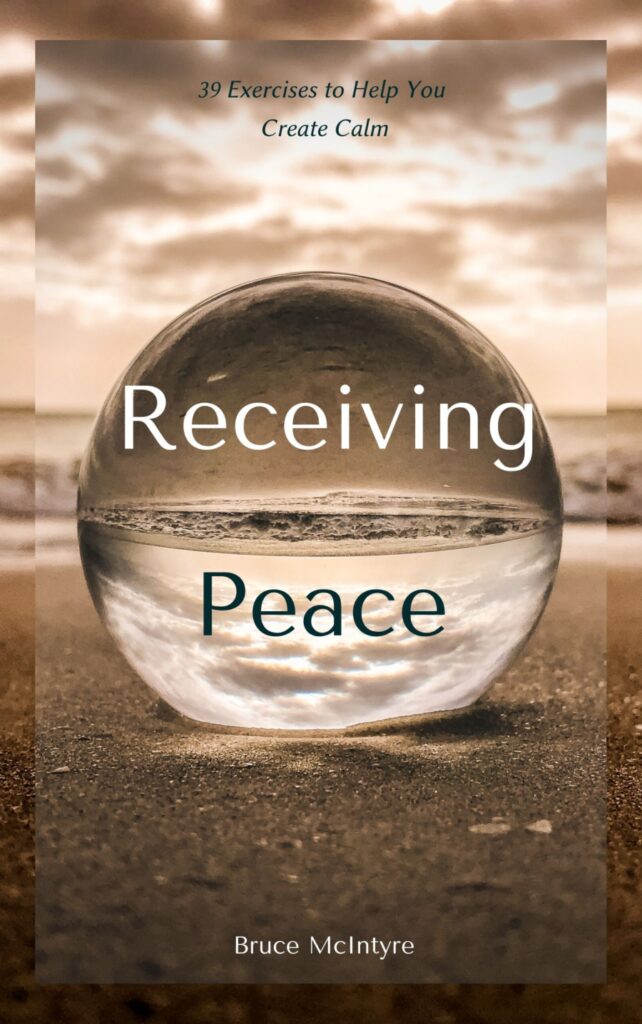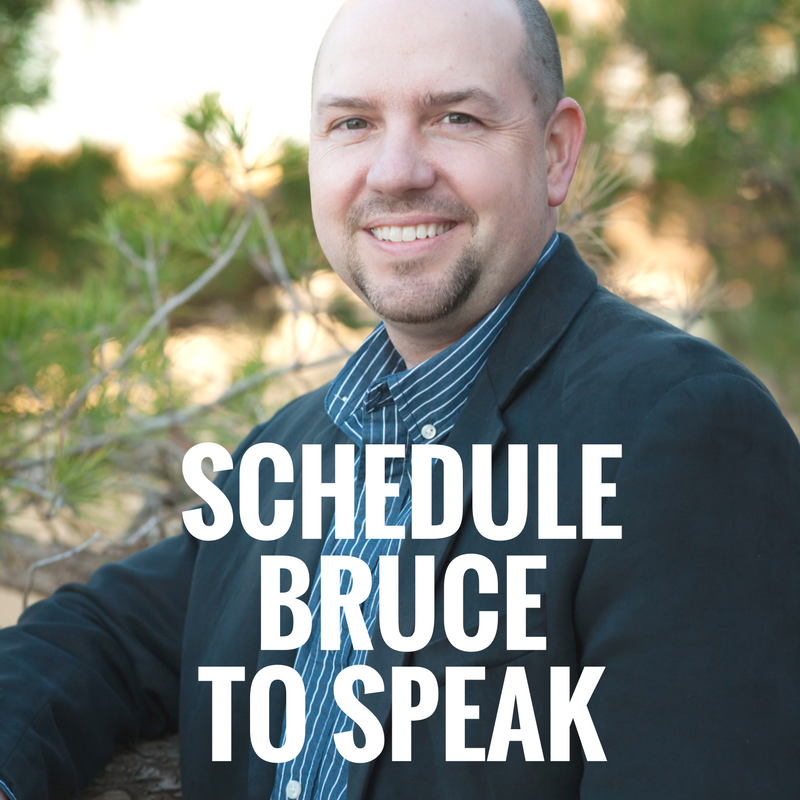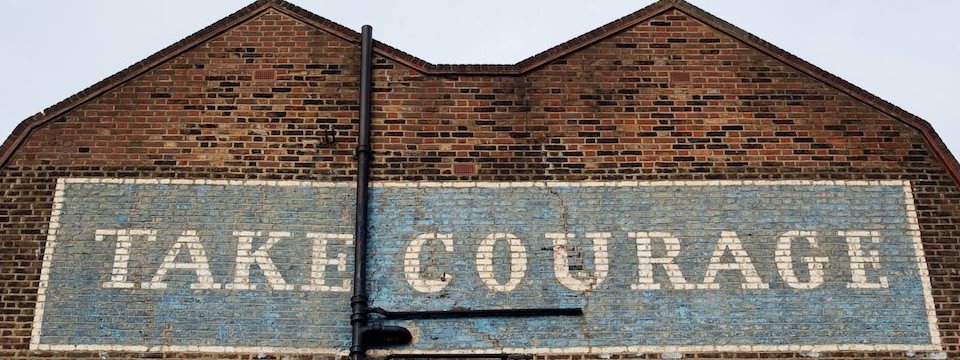3 People You Meet in a Storm #2
When storms hit, you first check the weather and see your favorite Chief Meteorologist or Expert Guide. If the storm is threatening or severe, most folks hunker down with family or friends. (If you are not in a situation to do that, stay tuned for #3 in this series.)
While this one may seem obvious, you may want to consider some of these likely dynamics:
- Storms in life help us see what’s really important. In extreme conditions such as hospital stays, deaths, and job loss, we tend to see the big picture much more clearly. We set aside frustrations and express our love for each other in ways we may not typically do. We may tend to become more forgiving, accepting, and helpful.
- However, in the more acute moments of a storm, emotions are amped up. Urgency rules and the best decisions don’t always win. In close proximity to family and friends, anger and fear also find expression and while these flare ups may be overlooked, but they still affect everyone.
- Existing problems are exacerbated. Storms don’t make other problems go away. Old issues and conditions are likely to still rear their heads, and possibly get worse. For instance, storms don’t tend to be good for anxiety, anger, or control issues.
- Still, gratitude emerges in the aftermath. No matter what damage was done or avoided, we typically reflect on the experience with some degree of thankfulness. Embrace this impulse. Your family and friends need to hear and express gratitude as you come through the storm.
These observations may not fix your time with family and friends in a storm, but I hope these give you some realistic expectations and prod you to consider other likely dynamics.
Worth Repeating
Every storm runs out of rain, just like every dark night turns into day.
-Gary Allan




